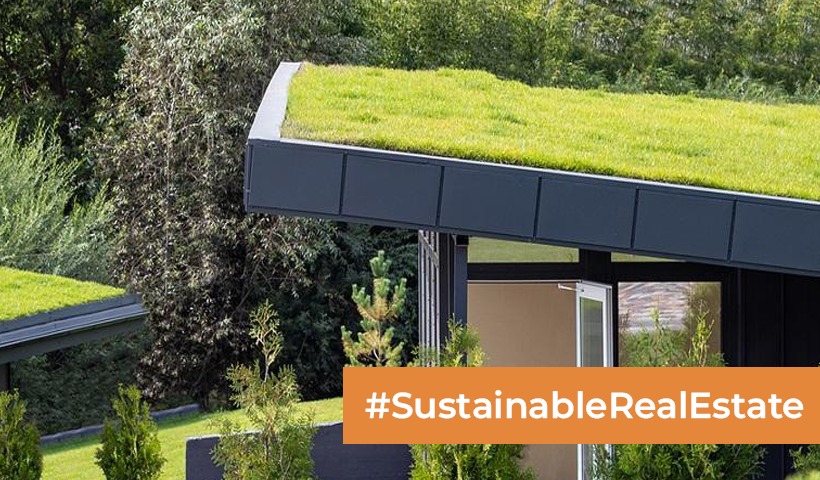Bamboo Bridges: A Sustainable Solution for India’s Connectivity!
India, a land of diverse landscapes and cultures, has a rich tradition of building bridges to connect communities and facilitate transportation. While modern engineering has brought impressive steel and concrete structures to the forefront, there’s a growing resurgence of bamboo bridges in India. These sustainable and eco-friendly structures are gaining popularity for their versatility and their ability to provide solutions to unique challenges. In this blog, we’ll explore the fascinating world of bamboo bridges, their uses, and their rising popularity in India.
The Eco-Friendly Marvel of Bamboo Bridges
Versatile Building Material: Bamboo, a fast-growing and renewable resource, has been used in India for centuries. Its strength, flexibility, and durability make it an excellent choice for construction, especially in regions where bamboo is abundant.
Cost-Effective: Bamboo bridges are often more cost-effective to build compared to traditional steel or concrete bridges. The raw material is readily available, and the construction process is often labor-intensive, reducing the need for expensive machinery.
Minimal Environmental Impact: Unlike steel and concrete, the production and use of bamboo have minimal environmental impact. Bamboo is biodegradable, and its cultivation promotes carbon sequestration, making it an eco-friendly choice for sustainable construction.
Uses and Applications
Rural Connectivity: In remote and rural areas of India, bamboo bridges play a crucial role in connecting communities that would otherwise be isolated during the monsoon season. These bridges provide safe passage across rivers and streams, improving access to essential services such as healthcare and education.
Footbridges: Bamboo bridges are commonly used as footbridges in hilly terrains and forested areas. They offer a lightweight and resilient solution for pedestrians, enabling them to cross rivers and gorges.
Temporary Structures: Bamboo bridges are often used as temporary structures during festivals, fairs, and events where a temporary crossing is needed. Their quick assembly and disassembly make them ideal for such situations.
Eco-Tourism: In regions with natural beauty and eco-tourism potential, bamboo bridges can serve as attractions themselves. Tourists are drawn to the charm of these sustainable structures that blend seamlessly with their surroundings.
Popularity on the Rise
Community-Led Initiatives: Many bamboo bridge projects in India are community-led, involving local residents in the construction process. This not only empowers communities but also ensures the sustainability of these structures.
Government Support: Recognizing the environmental and economic benefits of bamboo bridges, various state governments in India have initiated projects to promote their construction in rural areas.
Architectural Innovation: Architects and engineers are continually innovating to improve the design and strength of bamboo bridges, making them more reliable and suitable for a variety of applications.
Preservation of Tradition: Bamboo bridges help preserve India’s rich tradition of bamboo craftsmanship, passing on age-old skills to the younger generation.
Conclusion: Bridging the Gap, Sustainably
Bamboo bridges in India are not just structures; they are symbols of sustainability, community collaboration, and the ingenious use of natural resources. As the world seeks more eco-friendly solutions to its infrastructure needs, these bridges serve as a shining example of how traditional wisdom and modern engineering can harmoniously coexist. As their popularity continues to grow, we can look forward to seeing more bamboo bridges connecting communities and promoting sustainable living across India.
Disclaimer: The views expressed above are for informational purposes only based on industry reports and related news stories. PropertyPistol does not guarantee the accuracy, completeness, or reliability of the information and shall not be held responsible for any action taken based on the published information.




